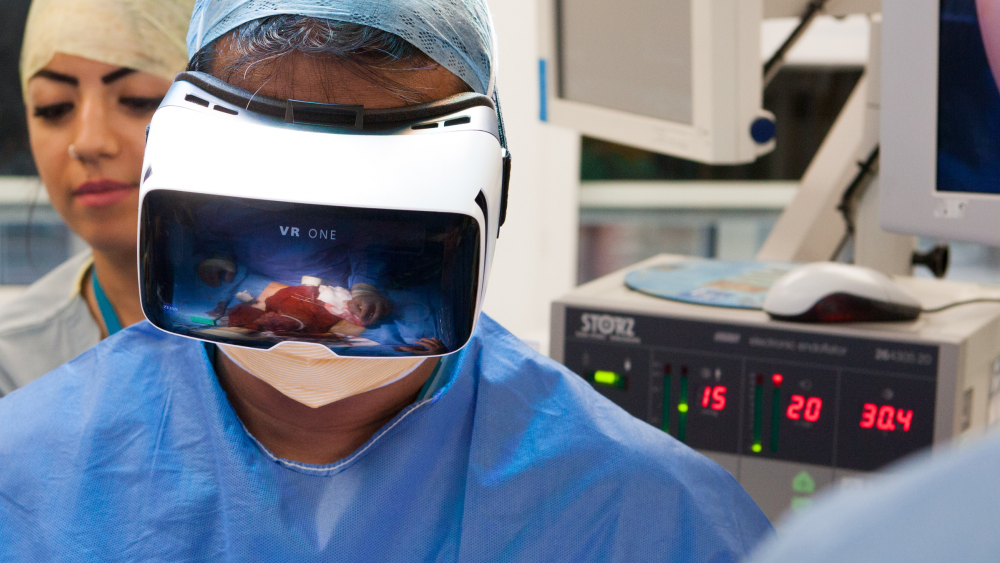Aging population, expanding middle class and increasing healthcare costs propel the UAE to adopt Telehealth in a big way with impressive results.
The United Arab Emirates (UAE) is witnessing a rapid rise in affluence diseases such as obesity and diabetes which is increasing pressure on an already understaffed and overstretched healthcare workforce.
With one in two deaths resulting from cardiovascular diseases, the healthcare system is under stress to take care of increasingly prevalent chronic diseases. Aging population, expanding middle class and shortage of qualified healthcare specialists add to this burden.
With demand outpacing the available healthcare and financial resources, the UAE government embraced healthcare reforms in a big way. Backed by strong political will and driven by consumer demand, digital health technologies such as electronic health records, mHealth networks, remote patient monitoring and other Telehealth solutions are being adopted to improve healthcare access and quality of care.
The government also invested heavily in developing the next generation information and communications technology infrastructure to achieve scalability, operations streamlining and costs reduction across the healthcare ecosystem.
The International Diabetes Federation currently ranks the UAE fifteenth in terms of prevalence of diabetes and it will rise to third position by 2030. More than half of the younger population of the UAE is obese and at increased risk of developing Type 2 Diabetes at some point during their lifetime.
Although a chronic disease, diabetes can be effectively managed at a relatively low cost if patients can be made aware of over 150 medical self-management techniques. To increase awareness among the population about diabetes and its adverse effects, the UAE government launched a mHealth initiative involving smart phone mobile applications as well as setting up a call centre to provide health advice and guidance.
Within a few months, more than 200,000 have signed up for the service and reported high levels of satisfaction. A post-launch study showed that people who have signed up for the service display superior disease management awareness and activities.
Buoyed by success, the UAE is about to launch a full-scale health information and self care advice service, in the lines of Scotland’s NHS 24, all across its territory. The service will be jointly managed by Dubai Health Authority, Health Authority - Abu Dhabi, SEHA (Abu Dhabi Health Services Company) and Dubai Healthcare City.
Similarly, the UAE has also pioneered remote patient monitoring services. The programme, run in partnership with the local telecommunications service provider ‘du’, helps physicians monitor cardiovascular diseases such as congestive heart failure and chronic obstructive lung failure and offer advice and diagnosis on lifestyle management and personal wellness using remote patient monitoring technology.
The UAE already leads the Middle East in telemedicine adoption, especially teleradiology. Many public as well as private hospitals and healthcare organisations have adopted the full range of radiology sub-specialties including neuroradiology, PET/CT, cardiac, breast, coronary, thoracic, abdominal, oncological and musculoskeletal imaging.
The UAE is also one of the earliest large scale adopters of Electronic Health Records (EHR) not just in the region but across the whole world. A study by New York-based Commonwealth Fund cites the UAE as a case study in EHR adoption and commends it for leading the way in using EHR to fight cardiovascular diseases.
Log in or register for FREE for full access to ALL site features
As a member of the nuviun community, you can benefit from:
- 24/7 unlimited access to the content library
- Full access to the company and people directories
- Unlimited discussion and commenting privileges
- Your own searchable professional profile



.jpg)








.jpg)
